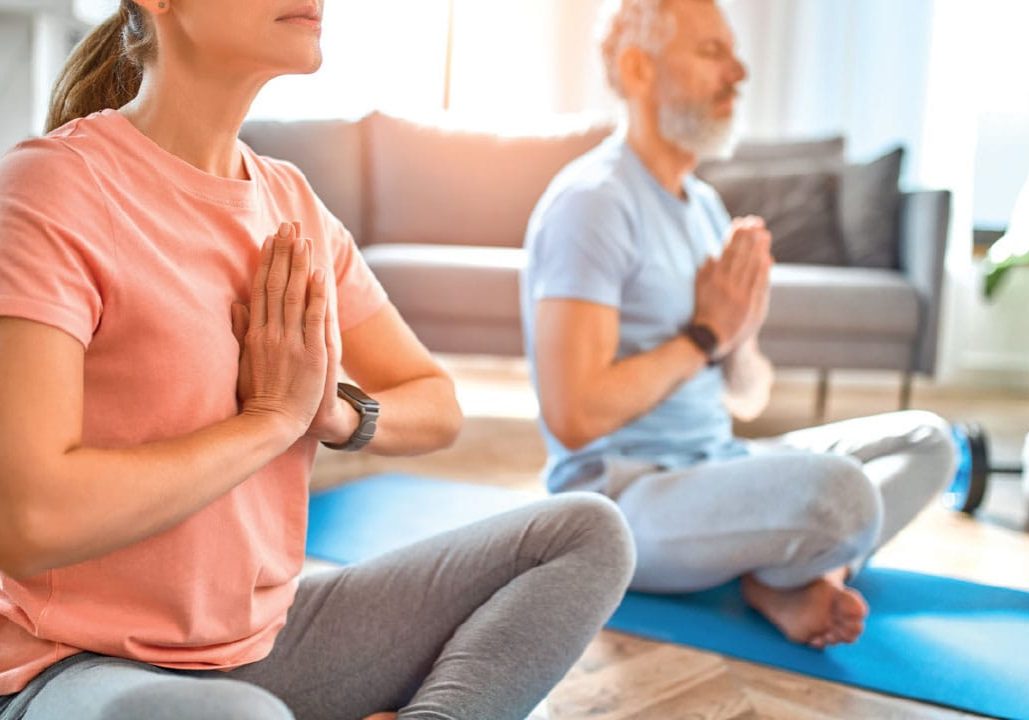
Living the Teachings
Namaste: Why do we say it? What does it mean?
Reading time: 4 minutes
I always wondered why most yoga classes end with a ‘Namaste’ and since qualifying as a yoga teacher myself, have continued until recently, to close my own classes in the same way. I changed because having researched the ancient meaning I suddenly felt a little uncomfortable about it.
Why did I look into the meaning? Because a student asked me why it is always said at the end of class and I didn’t feel that “because it is traditional to do so” provided a very satisfactory or accurate reply.
This Sanskrit term is associated with both Hinduism and yoga and actually means “bowing to you” or “I bow to you”. In the literal sense, it is used as a greeting, a sign of deference, respect or goodwill to the person directly in your line of vision. It consists of a simple hand gesture with the palms together at the heart centre, head or forehead, with closed eyes and a little nod of the head. Many of us do not even pronounce it correctly saying “n-amah[1]stay” when in fact it should be pronounced “n-amus-tay”.
Some argue that it is only appropriate to use the word if you are greeting a respected person or acknowledging authority, or if you are in India and meeting someone. Some would find it disrespectful culturally to see the term emblazoned across clothing, yoga equipment and such like because it is not honouring its true meaning and it is commodifying our ancient practice.
Certainly, saying namaste is not mandatory. So what alternatives do we have if using namaste no longer feels authentic? We can simply say “thank you” or “with gratitude for our practice”, or we could also say “thank you for your presence and energy and have a lovely rest of the day”…there are lots of possibilities.
Some would disagree with what I have written feeling that using the term makes them feel more spiritual, a sense of connection with the divine, also affirming the unity, equality and oneness among people in the yoga community thereby honouring the rich traditions of yoga, and that is commendable.
Whether or not you decide to use the word namaste is a personal choice. Honour yourself and your own feelings on this, do what feels right for you but I hope you agree that this is an interesting debate and we shouldn’t always just do something because it has always been done that way.
Sue Pugh is a yoga teacher and the founder of vitabonayoga.com and yogainspecialplaces.com




